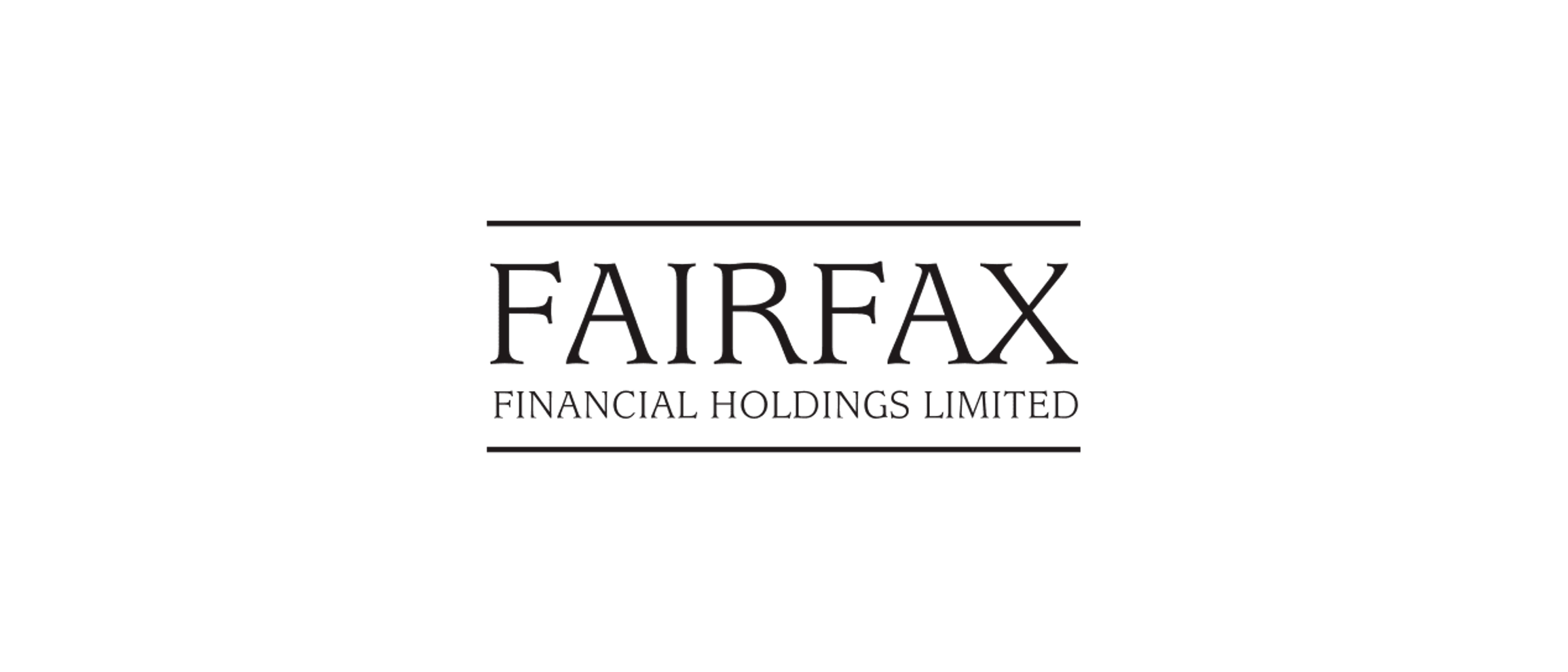Dear Client,
You may have recently received a notice from your brokerage regarding the “modified Dutch tender auction” from Fairfax Financial Holdings Limited. Although the notice seems to demand an urgent response from you with, “TIME CRITICAL—MUST RESPOND” or similar language, no action is needed on your part. You may ignore the notice.
*You may also stop reading this message now if you only wanted the short answer. More details and color are offered below.
Long answer
We recently invested in shares of Fairfax Financial Holdings (Ticker: FRFHF) in almost all client accounts. Fairfax is a Toronto-based insurer operating through a number of subsidiaries around the world. Fairfax owns investments and operating businesses outside of insurance. Often called the “Berkshire Hathaway of Canada,” Fairfax’s core mission and competency is in capital allocation, and the company has posted a superb long-term record of increasing per share net worth.
Shortly after our investment, Fairfax announced the sale of 10% of its Odyssey Re reinsurance subsidiary to two large Canadian state pension funds. Fairfax also announced it would use the proceeds to fund up to $1 billion in Fairfax share repurchases through what is called a “modified Dutch tender offer.”
We are not likely to sell our shares back to the company but rather plan to hold indefinitely. However, the news was a satisfying confirmation of the thesis of just how undervalued Fairfax stock truly is. In essence, the news suggests Fairfax’s underlying assets are worth more than what is stated on Fairfax’s balance sheet. And the historic share repurchase signals management’s view that the current share price is materially below intrinsic value, something we consider given their astute and conservative nature.
Odyssey Re’s deal price implies a $9 billion value for Fairfax’s largest subsidiary. However, Odyssey Re is but 26% of Fairfax’s overall insurance operations measured by equity (or Fairfax’s total insurance investment). Including Fairfax’s non-insurance operations, Odyssey Re is just 22% of Fairfax as a whole. The market currently values Fairfax stock at just $13 billion. In other words, some three quarters of the company is valued at just $4 billion. I believe Fairfax represents a quality operator with great management and a price tag that represents a margin of safety to the downside.
Under the terms of its auction, Fairfax is giving investors the chance to sell shares to the company until December 23, 2021, at which time the company will announce a final purchase price up to $500 per share but not below $425.
While we don’t anticipate submitting an offer, in the slim chance the stock is trading meaningfully below $500 near the December 23rd expiration date (say, $450 per share), we may take advantage of what would be an arbitrage situation and submit a last-minute offer to sell shares at $500. We would then immediately buy back the shares at around $450. Regardless, with Fairfax reducing its shares outstanding by nearly 8%, remaining shareholders will see a rise in their per share net worth by the same percentage.
In any event, no action from clients is required on this tender offer or any future ones. Reviewing the occasional tender offer from management or large outside shareholders is part of our investment work. However, I can’t recall any I’ve seen worth pursuing.
Please don’t hesitate to contact me if you have any questions.
Happy Holidays to you and yours.
Warm regards,

Neil Rose



